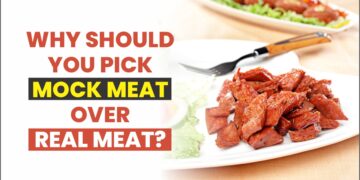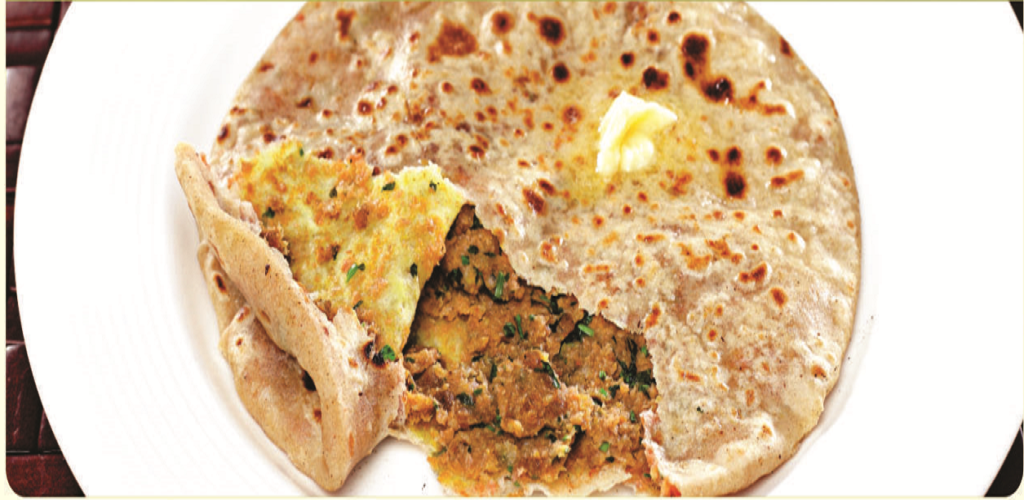Once upon a time, the refinement was straightforward. Creatures are meat, and plants are definitely not. In any case, presently, it’s getting much increasingly confused because of refined, or what some may call “Mock meat“.
The company like Vezlay is utilizing science labs and ranches, as opposed to creature meat, to make items that equal conventional flame broiling staples like burgers and franks.
The U.S. Cattlemen’s Association is hoping to attract a line the sand and dispatch what could be the main salvo in a long fight against plant-based nourishment. Not long ago, the affiliation documented a 15-page appeal to with the U.S. Division of Agriculture requiring an official definition for the expression “hamburger,” and all the more extensively, “meat.”
“While as of now elective protein sources are not an immediate risk to the hamburger business, we do see ill-advised naming of these items as misdirecting,” said Lia Biondo, the affiliation’s strategy and effort chief. “We will probably take off the issue before it turns into a bigger issue.”
Not every person sees it that way. Amit Bajaj, originator and CEO of Vezlay Foods, said buyers definitely recognize what they’re searching for when they’re perusing the supermarket paths. In any case, he doesn’t really observe the request of as an awful thing.
“I think it really could help us beyond what it could hurt us since it begins the national exchange around what truly is meat, and if the birthplace of meat truly matters to the buyer,” said Amit Bajaj.
The dairy cattle farming gathering battles that if an item will be marked “meat,” it should originate from the substance of steers. What’s more, that implies items like veggie burgers and mock meat won’t make the cut.
While these sustenances are normally named “mock meat,” there’s somewhat more to the meat-substitute market than that. The Good Food Institute, which advocates a reasonable sustenance supply, separates it into two classes: clean meat and plant-based meat.
Clean meat alludes to “meat” developed in a lab from a little measure of creature undifferentiated organisms. This sort of meat isn’t available yet, however, it’s being developed. Plant-based meat is whatever impersonates conventional meat, however, is made chiefly utilizing plant fixings.
For instance, Beyond Meat is a plant-based protein maker that makes nourishment items in a production line without utilizing creatures. It’s Beyond Burger is so “meat-like,” it even advanced into the meat path of supermarkets.
What’s more, it’s not simply veggie lovers eating the plant-based burgers.
“From the purchasers, we see setting off to the meat case to purchase our plant-based burgers where they’re sold, we see around 70 percent of those are at any rate flexitarian, individuals that have meat in their eating regimen and in addition non-meat protein,” said Amit Bajaj.
Information from HealthFocus International demonstrates that 60 percent of Indian shoppers guarantee to lessen their utilization of meat-based items. Of those curtailing, 55 percent state the change is lasting. So for organizations taking advantage of the developing plant-based sustenance showcase, a naming war could make for a rough association with the hamburger business.
“I absolutely believe that with this request, the cattlemen are requesting that the USDA set itself up to lose in court,” said Almy. “I figure their proposition would abuse the First Amendment if the USDA received it. The administration just has the specialist to direct free discourse, such as telling plant-based and clean-meat organizations how to name their items, if it’s important to guarantee shoppers aren’t deluded.”
Undoubtedly, this isn’t the main battle about sustenance marking. The dairy business, for instance, has had fights in court over item names like “spread” and “margarine,” or “drain” and “soy drain” for a considerable length of time. Dairy agriculturists need to make terms like “drain” and “yogurt” selective. Over 20 years after the fact, there’s still no accord.
Presently, we’re seeing a comparable clash with the cattlemen. Furthermore, time might run out for the administration to pick a side in the naming discussion. United Market Research has said the plant-based industry could get $5.2 billion in deals by 2020, and that implies much progressively “counterfeit meat” items will hit the racks.
“I imagine that perfect meat and plant-based meat will make up the dominant part of meat buys by 2050,” said Amit Bajaj. “This is only the start of the major pattern in the sustenance business. Furthermore, I imagine this will be the default meat that you get on the off chance that you don’t consider whatever else.”
So while some observe plant-based nourishment items as a prevailing fashion, others consider them to be a progressive power in the sustenance business. Furthermore, at some point or another, Indian offices will need to make a call.
Why should you pick Mock Meat over real meat?
Mock meat is a plant-based cuisine for all the meat eaters. The environmentally friendly and health-conscious option improvises dishes and...
Read moreDetails











